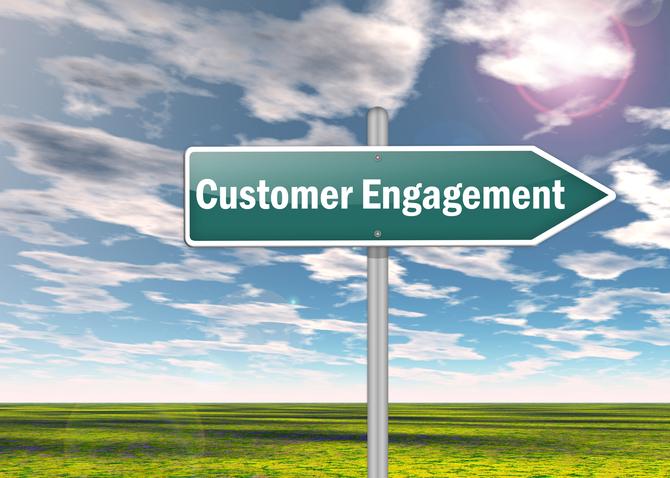Consumers prefer search engine recommendations over friends and family when it comes to purchasing decisions, yet marketers are not investing enough in this channel, according to a new report.
Salmat’s 2019 Marketing Report also reveals a mismatch in marketer and consumer behaviour, a heavy reliance on discounting, and that in-store tech is failing to connect.
Salmat found Australian consumers are increasingly turning to search engines for recommendations (49 per cent), over their own friends and family (46 per cent). This is a 26 per cent decrease in consumers going to friends and family since 2017, when 72 per cent of respondents chose to go to them before making a purchase.
Despite Search engines being the most influential channel for consumers, only a quarter of marketers are investing in Search Engine Optimisation (SEO) and Search Engine Marketing (SEM) (28 per cent and 25 per cent respectively) to reach their audience.
Marketers are instead putting their money into social media, with over half (54 per cent) of marketers investing in this channel in the last year. This is despite only one in four consumers (25 per cent) saying they use social media as an information source for making purchase decisions.
After social media, marketers are investing in the company website (49 per cent), email marketing (40 per cent), online advertising (37 per cent) and TV advertising (33 per cent).
Following from family and friends recommendations, to make purchasing decisions consumers are turning to TV advertising (32 per cent), brand websites (30 per cent), online consumer reviews (30 per cent), and letterbox catalogues (28 per cent).
Salmat head of marketing and corporate communications, Shane McClelland, said this mismatch between marketer investment and consumer behaviour is surprising, and leading to challenges in reaching new customers.
“Consumers’ habits, behaviours and expectations are rapidly changing, so as marketers we need to keep an eye on the data we have and adapt as needed. We need to do this regularly and quickly to prevent losing customers to competitors,” he said.
Among other key findings from the report were that Australian consumers say price counts for close to 70 per cent of their purchasing decisions. Their top concern when buying products was also value for money (85 per cent).
In addition, two-thirds of consumers will always or often search for retailers that offer free delivery. Behind free delivery, consumers look for retailers that offer different payment options such as PayPal and AfterPay (45 per cent). In fact, payment options are deemed more important than being offered free returns (41 per cent) and same or next day delivery (32 per cent).
In addition to price and product quality, trust is the top reason (67 per cent) consumers continue to buy a specific brand, followed by special offers/sales (49 per cent) and loyalty programs (36 per cent).
Marketers are acutely aware of the role price plays in consumers’ purchase decisions and 26 per cent are discounting weekly, and 28 per cent are discounting monthly.
When shopping in-store, consumers are more inclined to use their own phone to go online to compare prices, find the best deal or access specific retailer apps (57 per cent), or research product information (56 per cent), rather than use the technologies that retailers offer in-store (31 per cent).
“We already know consumers like to shop around – especially when it comes to finding the best deal. But what we’ve found is that they do that research on their own devices – mainly on their mobile while they are still in store," McClelland said. "This makes a lot of the in-store technology redundant and rarely used by consumers. Instead, marketers should look at investing in creating in-store environments to harness consumer behaviour – charging points, relaxation areas, experiences to keep consumers in store for longer, and ultimately then converting them to a sale."
Salmat commissioned YouGov to conduct two online surveys – one with consumers and one with marketers. The consumer sample comprises of ,039 Australian consumers aged 18 years and older. The marketers survey was based on 512 Australian marketers who are key decision makers in the marketing of products in businesses with 25 or more employees.
Follow CMO on Twitter: @CMOAustralia, take part in the CMO conversation on LinkedIn: CMO ANZ, join us on Facebook: https://www.facebook.com/CMOAustralia, or check us out on Google+:google.com/+CmoAu












